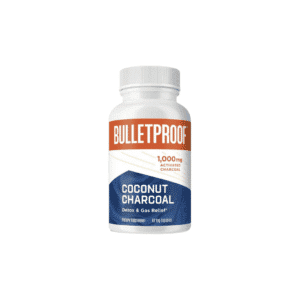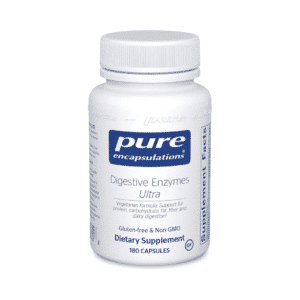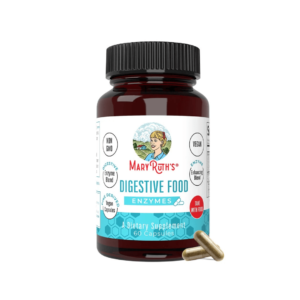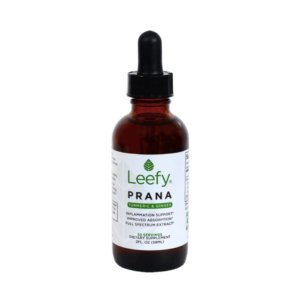Heartburn and indigestion are common, but not normal. It’s common advice to “take a Tums” or antacid the moment you have any symptoms of heartburn or indigestion- it can be second nature… But is this actually doing more harm than good? Can too many antacids hurt you? What ingredients are found in antacids or H2 blockers? What’s the difference between an antacid and an acid reducer? Are there risks to taking heartburn medication regularly? What natural alternatives to antacids like Tums and Rolaids?
If you’re popping Tums like candy (like I once was) for quick relief, this article’s for you. Keep reading to learn more!
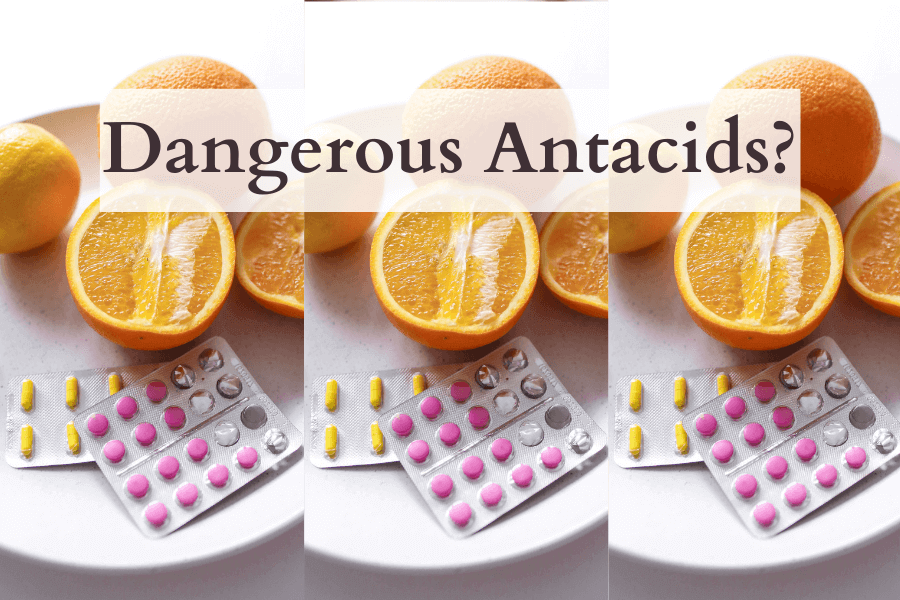
(Note: This article contains affiliate links, meaning In On Around will make a small commission at no additional cost to you. This helps me maintain the site. As always, I value full transparency & only work with brands I love and trust.)
What Happens When You Have Heartburn?
Heartburn or indigestion are not “diseases,” they are symptoms that can sometimes be associated with more serious conditions, like acid reflux or gastritis. Gastroesophageal reflux disease (GERD), for instance, is a more chronic form of acid reflux. Most people in their lifetime will experience these symptoms at one point or another (especially after a night of eating too much, too fast – been there, done that!).
Heartburn & acid reflux typically feels like a burning sensation in the middle of the chest (chest pain), just behind your breastbone, due to stomach acid (hydrochloric acid or HCl) traveling up the esophagus. In fact, GERD is the most common outpatient gastrointestinal prognosis in the United States. [1]
75% of users use antacids heavily & regularly at over 6 doses per week.
Because of this, about one-half of all Americans have used or currently use antacids, with about 27% taking 2 or more doses per month. Additionally, 75% of users use antacids heavily & regularly at over 6 doses per week. [2]
While these medications may help the symptoms, they will not fix the root cause of the issue. It’s essential to know why you’re getting regular heartburn in the first place.
Antacids versus Acid Reducers – What’s The Difference?
Antacids contain active ingredients like calcium carbonate to help neutralize stomach acid. Acid reducers, on the other hand, proactively aim to reduce the overall level of stomach acid long-term (they’re oftentimes recommended by a doctor). Proton pump inhibitors (PPIs), like Prilosec, Prevacid & Nexium, are considered acid reducers & are some of the most widely used medications worldwide.
While both of these medicines are “generally recognized as safe” in the short term, it’s a good idea to talk to a naturopathic (or holistically-minded) doctor who can advise on long-term health effects. These medicines have been known to impact the liver or kidneys (like with kidney stones).
It’s increasingly common for conventional medical practitioners to recommend acid reducers without first getting to the core of the problem.
Reality: most people have too little stomach acid, not too much.
It’s a major misconception that GERD or heartburn symptoms are caused by too much gastric acid. The reality is that most patients have too little stomach acid (known as hypochlorhydria). Some symptoms of low stomach acid can include: heartburn, indigestion, brittle nail & fingernails, bloating after meals, constipation, feeling unusually full after eating & more.
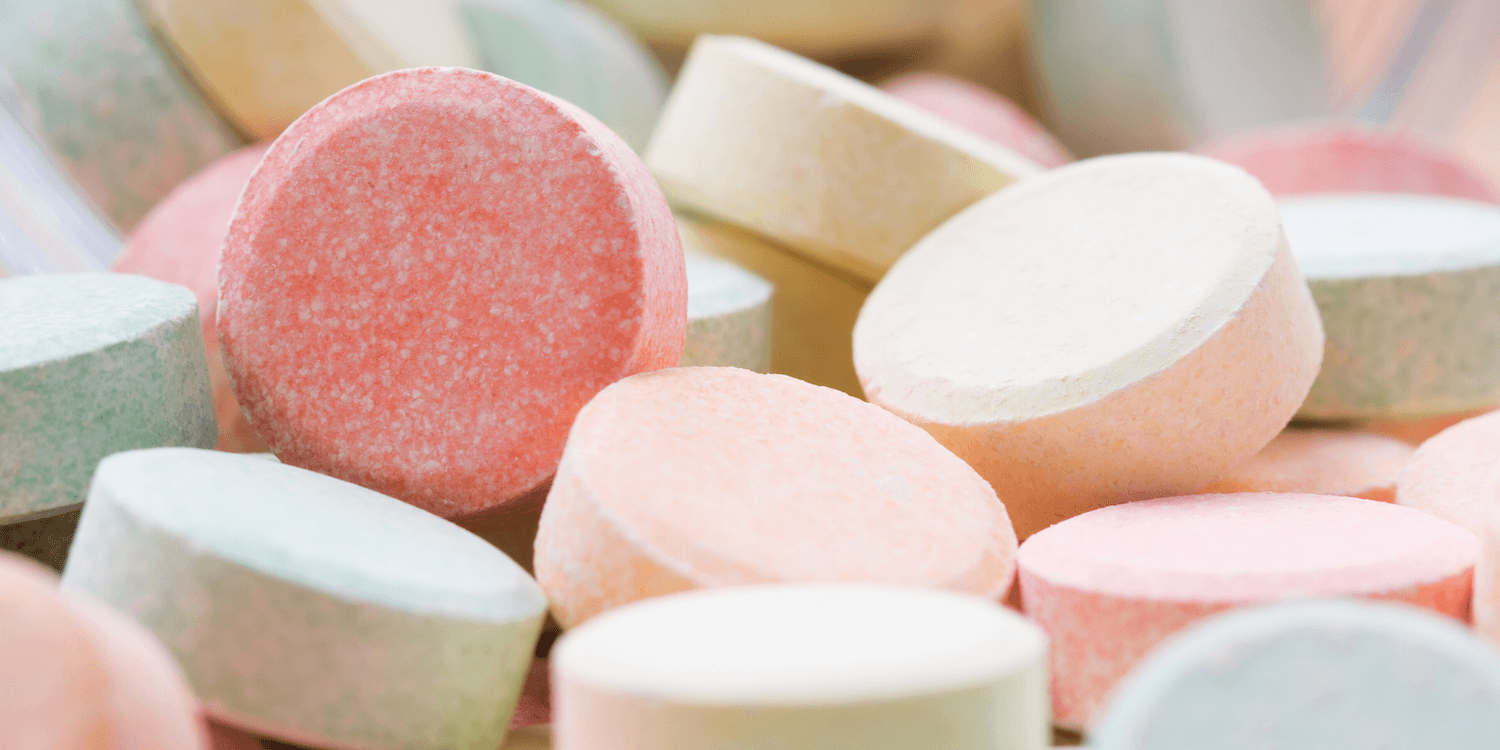
Side Effects Of Antacids Overuse – Storytime
While going through my personal gastrointestinal struggles, I was told by multiple gastroenterologists to take an acid-reducing medication like Zantac or Prilosec & Tums regularly, only at the age of 18. As you can imagine, this only made my symptoms worse overall. Popping Tums sometimes upwards of 6 times a day was not helping me, but hurting me. Years later, I’ve had to heal from IBS, leaky gut, SIBO, parasites, H-Pylori, and many other gut issues.
At the time, no one made me aware of the negative health impacts of antacids. This is why it’s essential to be your own health advocate & do due diligence on the potential health implications. Finding the root cause of gastrointestinal issues is the only way to true healing.
What Ingredients Are Found in Antacids?
There are many ingredients found in antacids, aside from the active ingredient which is the source of medication. Take Tums, for instance:
Active Ingredient:
- Calcium carbonate
Inactive Ingredients:
- Adipic acid
- Corn starch
- FD&C blue #1 lake
- FD&C red #40 lake
- FD&C yellow #5 (tartrazine) lake
- FD&C yellow #6 lake
- Flavors (usually undisclosed)
- Mineral oil (made from petroleum)
- Sodium polyphosphate
- Sucrose (aka sugar)
- Talc (which can contain asbestos)
Other brands, such as Alka-Seltzer, use sodium bicarbonate (baking soda) as an active ingredient. The brand Rolaids uses magnesium hydroxide, calcium carbonate, and simethicone. Other heartburn medications also include aluminum hydroxide, magnesium carbonate, and alginic acid, which can be acid neutralizing.
Chewable tablets for reducing acid are also usually high in sodium (which is important to note if you have high blood pressure).
Why do these ingredients matter?
- Food dyes (like red #40, yellow #5 & #6) have been linked to ADHD, hyperactivity, learning impairments, allergies/allergic reactions, tumor growth, sleep disturbances & more.
- [Related Post on Food Dyes: A Safer, Non-Toxic Option For Dying Eggs]
- “Flavors” is an umbrella term used to hide chemical additives. Flavor formulations are usually made of 20-60 ingredients, sometimes more.
- Talc (talcum powder) is a very controversial ingredient. It’s been shown to cause cancer in & around the lungs if inhaled. Some talc also contains asbestos & is linked to ovarian cancer. Avoid this ingredient at all costs. [3]
These should absolutely never be in medication aimed to “heal” or “contribute to better health.” In fact, they can do the opposite.
What Are The Health Impacts Of Antacids?
- May increase your risk of developing chronic liver disease. In fact, between 67 and 72% of patients with cirrhosis are taking acid-suppressing medications. [4, 5]
- Stomach acid inhibitors can increase the risk of: [6]
- Fractures
- Pneumonia
- Hypomagnesemia
- Vitamin deficiency (specifically iron & vitamin B12)
- Chronic kidney disease and kidney failure
- Dementia
- May increase your risk of food poisoning. You’re at a 1.7x greater risk of Clostridium difficile poisoning and a 3.7 times increased risk of Campylobacter. [7]
- May increase your risk of developing Small Intestinal Bacterial Overgrowth (aka SIBO). There’s a 1.71 times greater risk of developing SIBO (small intestine bacterial overgrowth) while on PPIs, especially since it significantly disrupts the gut microbiome. [8]
PPIs can increase your risk of death by 1.23x.
- Can increase your risk of stroke. [9]
- If used during pregnancy, the child is 1.3 times more likely to develop asthma. A healthier mother leads to a healthier baby – acid medications can interfere with that. [10]
- May increase your risk of death by 1.23x. Yikes. [11]
- Some of these medications are contaminated & recalled. Zantac, for instance, was sold on the market & recommended by doctors for over four decades. It was later found to be contaminated with N-nitrosodimethylamine (NDMA), which is a known carcinogen. [12]
- May increase your risk of heart attack (even if you have no history of heart disease or heart failure). [13]
So it is safe to take antacids every day? You make that call. Large amounts of calcium (even in liquid forms) can irritate the lining of the stomach and lead to more serious issues.
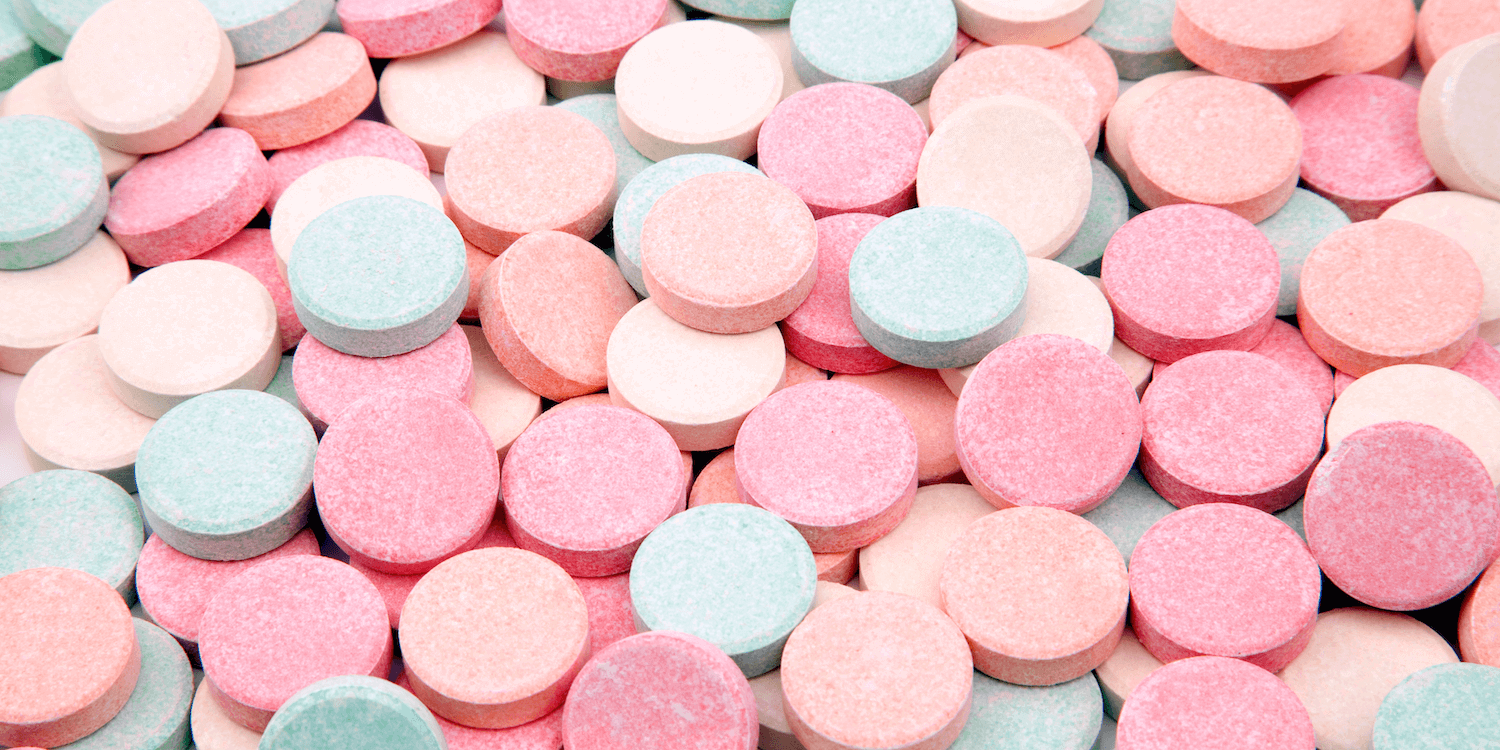
What Can You Do Instead Of Taking Antacids?
1) Increase your stomach acid levels
- As mentioned, GERD usually happens when patients have too little levels of stomach acid, not too much. Adequate production of stomach acid is so important.
- Work to regain a healthy level of stomach acid. You can do this by working closely with a naturopathic doctor and incorporating protocols such as zinc in the diet. Low levels of zinc absorptions may lead to low stomach acid. [14]
- The safest antacid for long term use is the antacid you don’t need to take at all. Work to improve your stomach acid levels in a more natural way.
The best antacid tablets are the ones you don’t need to take!
2) Focus on improving your diet
- Eat a diet that’s predominantly plant-based, whole foods based & organic, whenever possible.
- Some people may feel best eating a diet lower in refined carbohydrates, aka “difficult to digest” carbs (like white flour, bread, sodas, pasta, sweets…)
3) Focus on gut health
- There’s a growing body of research that links Helicobacter Pylori (the most common chronic bacterial pathogen) to GERD and other digestive issues.
- It’s estimated that over 50% of the world’s population is infected by H. Pylori. [15]
- H. Pylori is known to suppress stomach acid secretion, which can create a cycle of digestive issues. [16]
- Low stomach acid ➡ Heartburn, acid reflux, indigestion ➡ Take Tums or other acid-suppressing drugs ➡ H. Pylori pathogen levels increase ➡ Stomach has even LESS acid ➡ Even MORE digestive symptoms or acid reflux symptoms
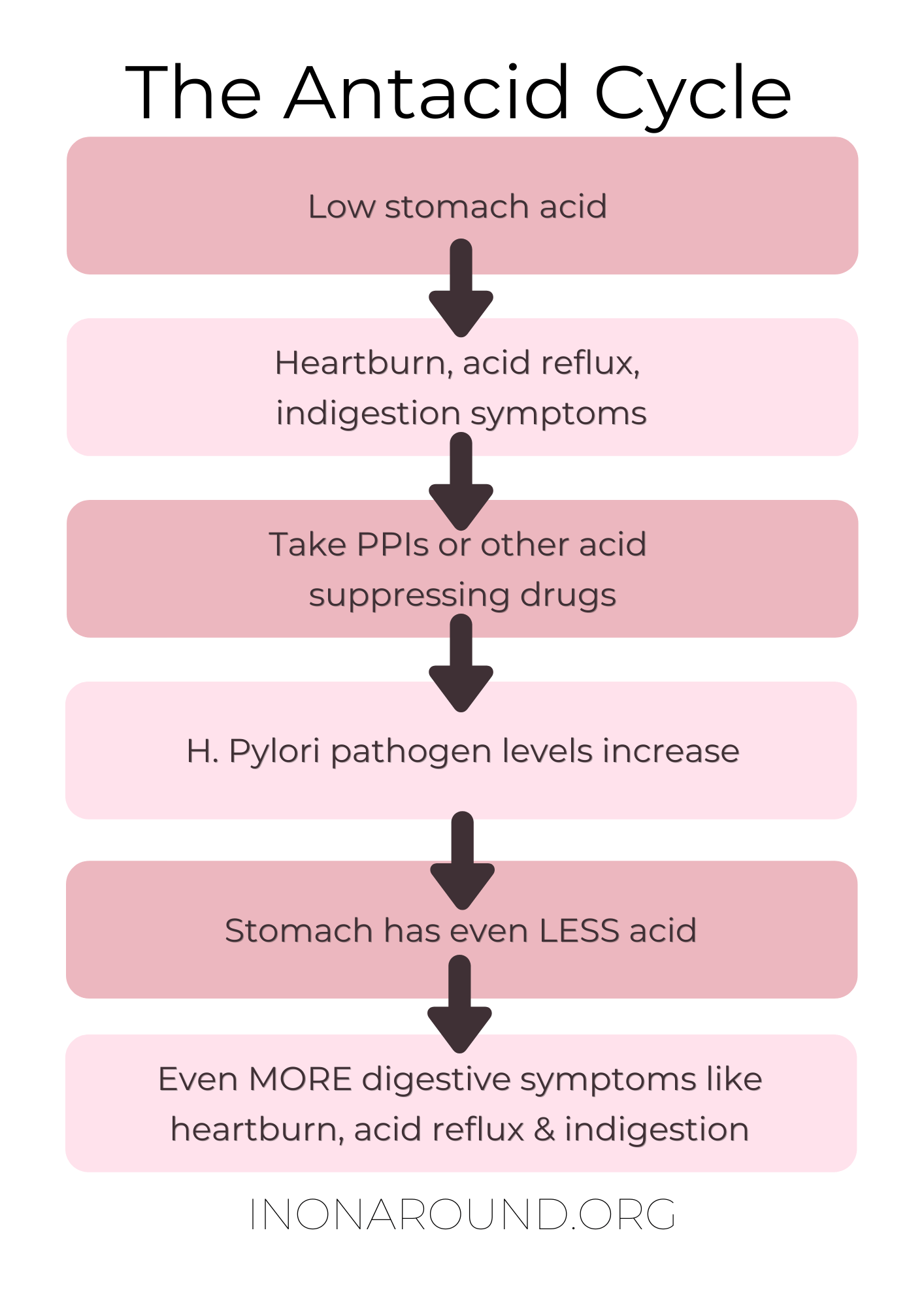
4) Manage your weight
- Extra weight can add additional pressure to the esophageal sphincter (which is in charge of opening & closing the esophagus). If the sphincter opens up too much, it causes acid reflux. Bringing your weight to a healthy level is one of the best things you can do to reduce heartburn or acid reflux recurrence.
5) If you’re still smoking, stop!
- Need I say more?! Smoking is one of the worst things you can do for your well-being. Amongst many other health impacts, it exacerbates acid reflux, causing the esophageal sphincter to open up more frequently. It’s time to quit! [17]
6) Avoid food & drink triggers
- Alcohol, coffee, greasy foods, acidic foods, spicy foods… these are all some foods that may trigger heartburn. It’s essential to listen to your body. If you can’t handle spicy food, don’t eat it.
- Learn to target any and all food sensitivities, which can irritate your stomach lining.
- If you have an upset stomach and want a supplement for it, consider Activated Charcoal instead of other antacids. It’s a great supplement for binding to gas & other toxins in the digestive tracts (especially if you’re struggling with food poisoning). This should not be taken daily.
- Digestive Enzymes can also be a great supplement to aid in digestion (speak with your doc).
- Instead of sugary & chemical-filled sodas, opt for filtered lemon water, which helps to neutralize stomach acid naturally.
- Related Post: What To Look For In a Water Purifier Or Filter
7) Reach for Chamomile, Fennel or Marshmallow Tea
- These herbal teas can be great for stomach discomfort and indigestion!
- Be cautious of these teas if you are on blood thinners since they can increase your risk of bleeding.
8) Munch on some organic ginger or “Ginger Chews”
- Raw ginger or “Gin Gins” chews are simple ways to ease stomach pain.
- Don’t eat more than 3-4 grams per day, since it can cause the opposite effect. [18]
9) Exercise daily
- It’s a no-brainer that exercise is necessary for optimal wellbeing, but did you know it can also decrease heartburn?! Walking, jogging, yoga, biking, etc… can help you not only lose weight but strengthen diaphragm breathing, which reduces GERD. Going on a light walk after eating can also help you digest food. [19]
10) Don’t lay down after eating
- It’s best to wait about 2-3 hours after eating before laying down. When you eat too close to bedtime, gravity is not on your side. Make sure you sit upright after eating to prevent GERD symptoms. [20]
Check Out The In On Around Shop
Can Too Many Antacids Hurt You? – Frequently Asked Questions
If you suffer from heartburn, these are for you. As always, if you’re experiencing serious symptoms including extreme stomach pain, seek immediate medical attention. Click on the below FAQs to learn more!
What is heartburn?

Heartburn or indigestion are not “diseases,” they are symptoms that can sometimes be associated with more serious conditions, like acid reflux or gastritis. Gastroesophageal reflux disorder (GERD), for instance, is a more chronic form of acid reflux. Most people in their lifetime will experience these symptoms at one point or another.
What's the difference between an antacid and an acid reducer?

Antacids contain active ingredients like calcium carbonate to help neutralize stomach acid. Acid reducers, on the other hand, proactively aim to reduce the overall level of stomach acid long-term (they’re oftentimes recommended by a doctor). Proton pump inhibitors (PPIs) are considered acid reducers & are some of the most widely used medications worldwide.
How to naturally get off antacids?

Heartburn or GERD usually happens when patients have too little stomach acid, not too much. Work to regain a healthy level of stomach acid. You can do this by working closely with a naturopathic doctor and incorporating protocols such as zinc in the diet. Low levels of zinc absorptions may lead to low stomach acid.
Does exercise help heartburn?
As always, what goes IN, ON & AROUND our bodies matters, including medication. While acid reducers may be necessary at times, work with a functional/naturopathic doctor or nutritionist to make the lifestyle choices necessary to get off of them. Antacids drugs are frequently pushed in the health care space.
Heartburn medications can certainly serve a great purpose when they’re absolutely needed, but it’s essential to understand the health impacts of antacids. If you’re popping Tums like candy regularly, it’s time to reevaluate. Take control of what goes in, on & around your body – your long-term health depends on it!
Let me know your thoughts in the comments below!
You can watch our web story here.
xoxo,

Want to read more? Check out my other articles here!
Additional information on “Can too many antacids hurt you?”: Harvard, Healthline, Kresser Institute, Class Action, Daily Med, NJ Monthly, US Pharmacist, Boston Functional Nutrition, Chris Kresser, Healing Duo
Copyright In On Around LLC 2021 ©. In addition, the statements made on this website have not been evaluated by the FDA (U.S. Food & Drug Administration). Therefore, they are not intended to diagnose, treat, cure, or prevent any disease. Similarly, the information provided by this website should not be used as individual medical advice. In addition, you should always consult your doctor for individual recommendations and treatment.

